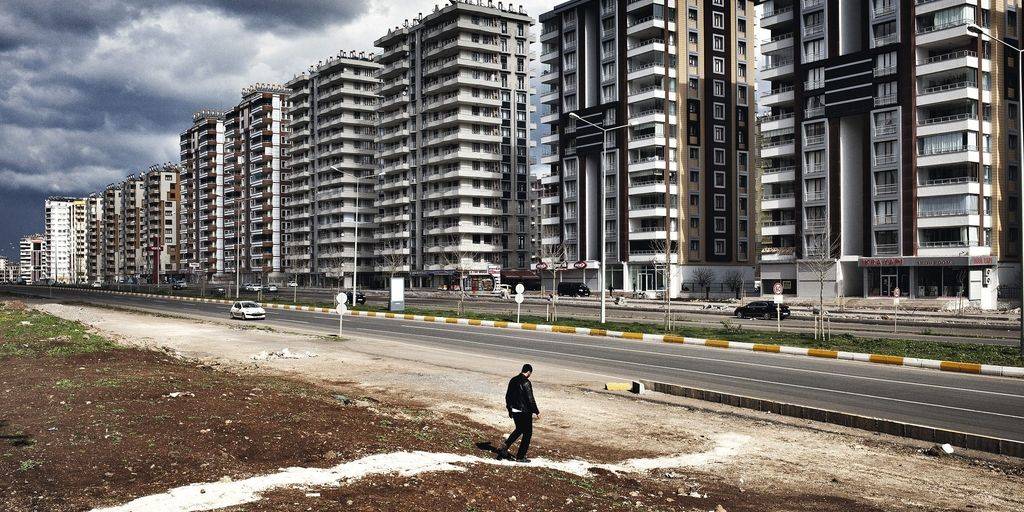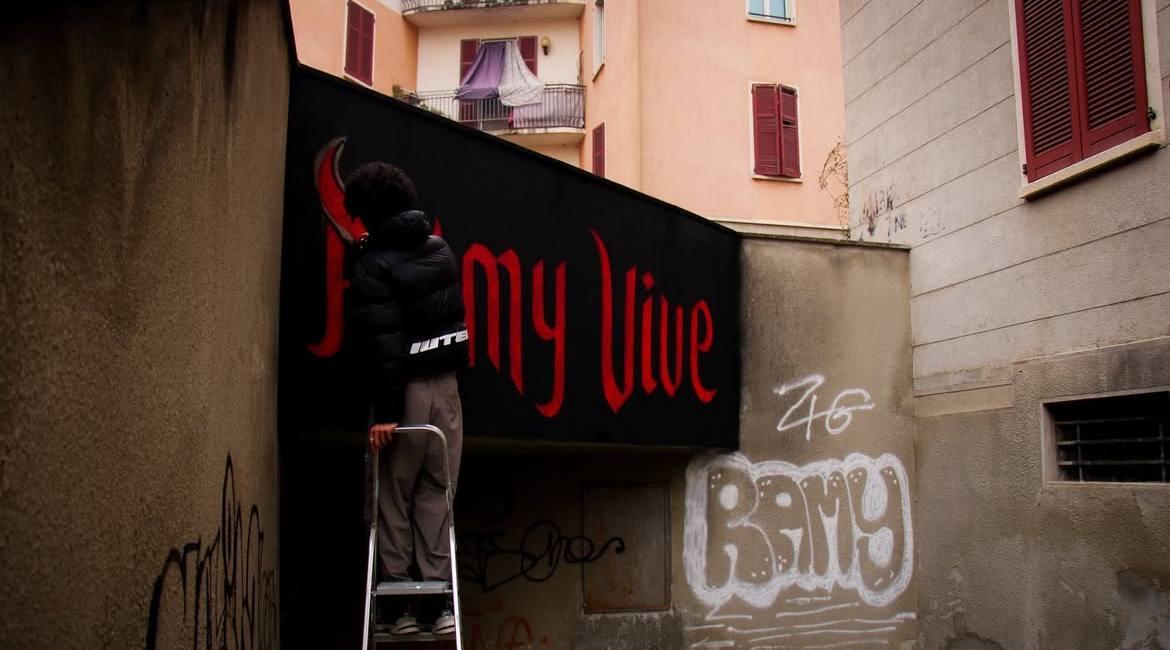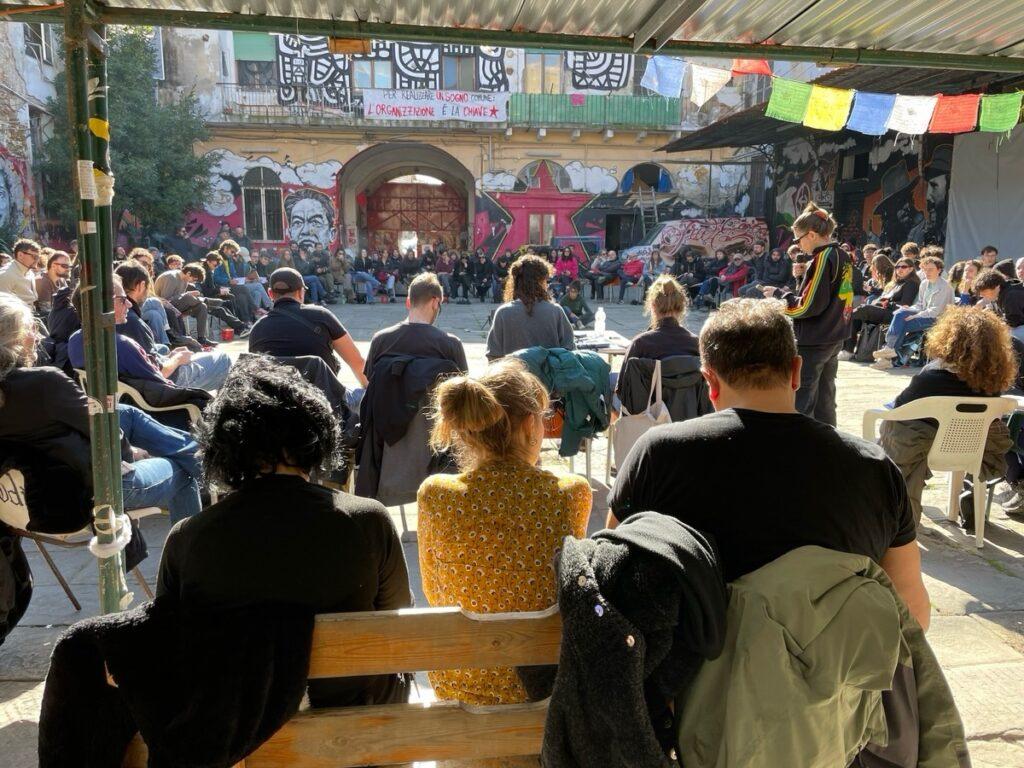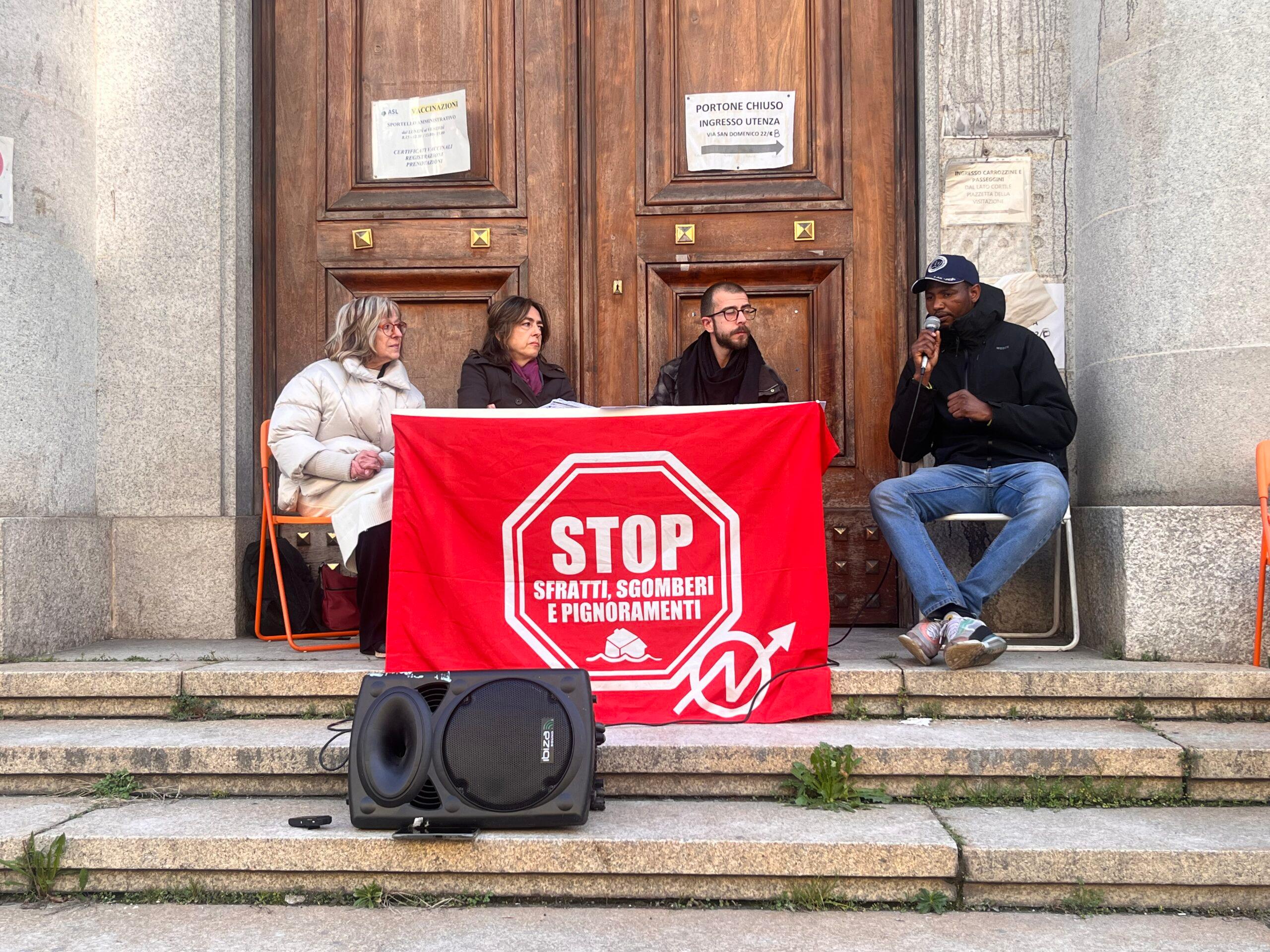
Elections, compositions, mobilizations

The newly elected mayors declared in unison that the decisive issues of political agendas are the peripheries and youth unemployment. The
electoral data agree, portraying in these urban environments – and in the social subjects who live there the main source of refusal of the Renzi government lurks – the real driving force that led to the electoral defeat of the Democratic Party. Unfortunately we now know well that the governments’ crises do not match to a rise in struggles, unless the struggles themselves are able to play through them. However, what might look like an unassailable enemy turned out to be the product of one of the specific features of this time: the inconsistency of the political forms that live of mediality but that without actual entrenchment in the territories and persistence of organizations are relegated to contingency. However, a space of possibility opened up to
revamp dynamics of mobilization.
The electoral data also points that, where the 40% consensus obtained by
the Democratic Party in the last European election of 2014 emphasized a
widespread fear – from the 2011 spread surges and caretaker governments
– now the restorative stability of Renzi, seen as a possible relief
valve, is partly gone. An availability to dare something new, at least
on the electoral level, is given: starting from those impoverished
social backgrounds that seem on one hand put together by the misleading
label of electoral populism, while on the other hand they desert the
ballot box more and more.
The fact that some of the most significant struggles of the recent years
have set at the core of antagonist political action the peripheries and
these social subjectivities perhaps matches with a tendential capacity
of analysis, but certainly their current range is not enough to envisage
surges of conflict in the short run.
In anti-eviction pickets, in neighborhood interventions, in struggles in
the workplaces, as well as in many youth backgrounds, it has long been
obvious how the real dispute – about the possibility of directing in an
antagonist way some social players – is not an arena of competition with
the Democratic Party, which is expression of the secured middle classes
and of the highest social sectors. The enticements of the right-wing
Salvini “Italians First!” slogan were and remain a real danger for the
claims of social conflict, and to get one’s hands dirty with spurious
and experimental practices and languages in order to counter them
remains on the agenda – in spite of what militants may like or not. The
point is about understanding on a case-by-case basis where the vote for
the 5 Stars Movement is the remnant of a hope in institutional change
and where it expresses rejection instead.
The social composition that potentially or practically looks forward to
the 5 Stars Movement and partly to the Northern League as a possible
vent for their needs of changing their social condition, however, is
often connected with a distorted image of the past. It is sometimes
thought that some years ago there was a clear “social context”, with
clear boundaries, where to easily locate the subjects that could produce
patterns of disruption. It has never been like that. The “social” is
always a construction based on ambiguity, inside which political
subjectivities can exploit ambivalences, on slippery ridges, in order to
create meeting, polarization, disruption and opposition. It was the
political struggles of the past that shaped the “social” within
readability schemes. Therefore, today, the point is not about falling in
love with some evoked figure of a new rude pagan race wavering in
impoverishment, but to perform patterns of struggle putting into a shape
this fragmented social context, that could produce alignments. And this,
unfortunately, can not be done with words, beautiful analyses or evocations.
Now we need to understand how a partisan effort is thinkable so that the
eventual downfall of the Renzi government (that is risking very much)
could not end up as the result of lobbying interests or other apparata,
but could bringing the mark of conflict with it. Without this condition,
what comes next could be even worse than the Renzi government.
Unfortunately, the current discontent is not a clear anti-institutional
hate, although we would like it to be that way. Rather, we faced
widespread anger, resentments and grudges that are not going to be
activated in the streets by snapping our fingers or by inventing
militant slogans.
In this framework, to affect the upcoming constitutional referendum
deadline by building a social opposition to the Renzi government is a
bet and a political need, in order to build opportunities in the
territories – well beyond the date of the referendum itself. It is not a
matter of ending up blinded by rhetorics or to evoke important moments
after which make a toast, but to implement concrete actions in the
territories, able to not leave to the institutional parties or to dying
institutional leftists rhetorics the flag of anti-government opposition.
All of this acknowledging that without the current struggles in the
education sector, and about housing, logistics, neighbourhoods,
territories, environment, it would be unfeasible to build any space for
a possibility of social conflict processes against the government. The
imagination of a social composition starts from here. But at the same
time, of course, that is not enough. The practice of enmity
unfortunately is not a matter that can be resolved with its enunciation
or with spectacularized gestures. Will we be able to mark fields of
political tension, of social involvement, one able to start the
transformation of outdated political forms of antagonistic subjectivity
really able to affect the current phase?
Ti è piaciuto questo articolo? Infoaut è un network indipendente che si basa sul lavoro volontario e militante di molte persone. Puoi darci una mano diffondendo i nostri articoli, approfondimenti e reportage ad un pubblico il più vasto possibile e supportarci iscrivendoti al nostro canale telegram, o seguendo le nostre pagine social di facebook, instagram e youtube.




















